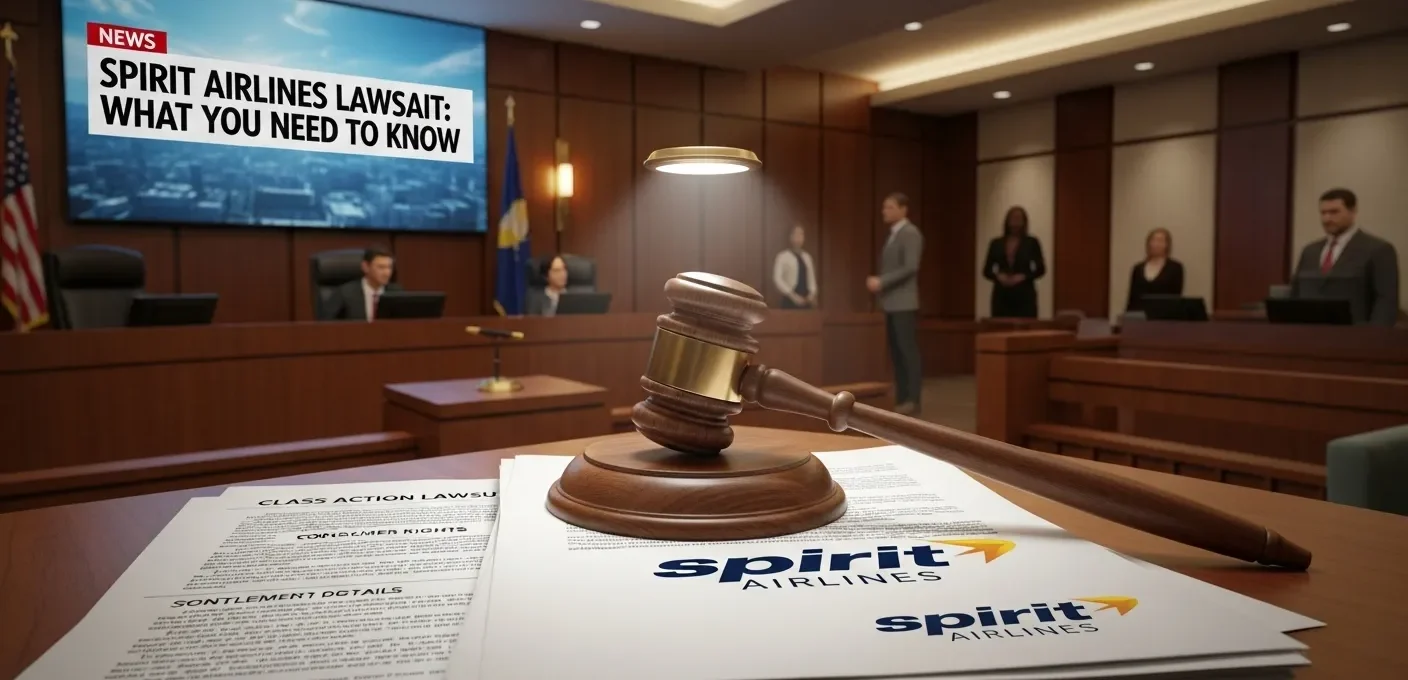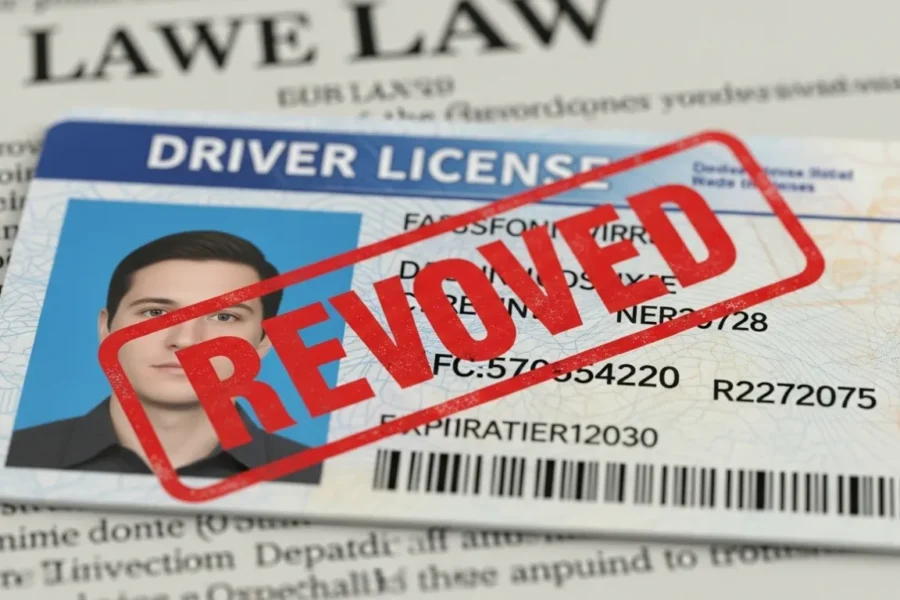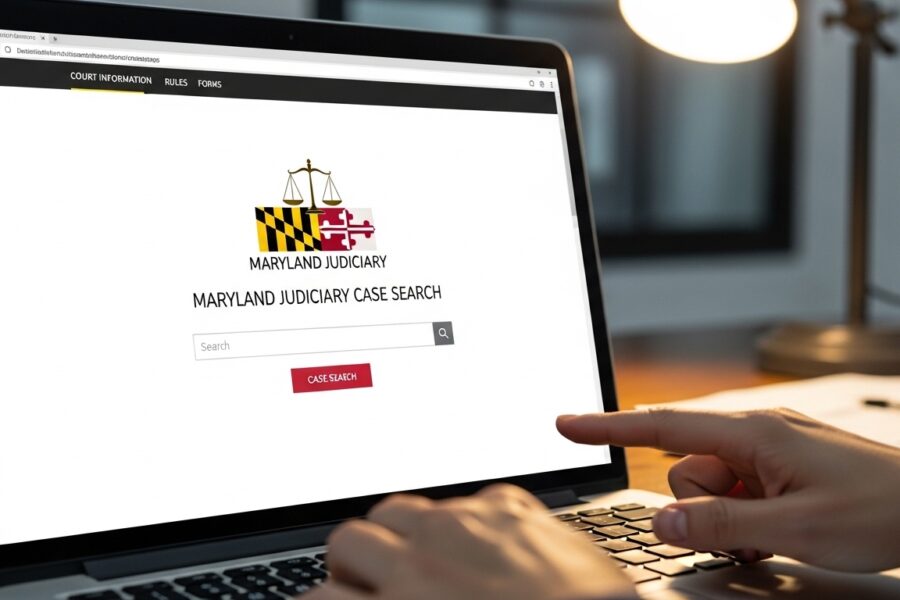Table of Contents
I want to start by saying many travelers look for low-cost flights, and that’s where Spirit Airlines often comes in. We hear the name linked to budget travel, but lately, it’s also tied to legal disputes that have caught public attention.
We know lawsuits can feel confusing, especially when they involve big companies and regular customers. That’s why breaking down the details of Spirit Airlines lawsuits in simple terms can help you see what’s really going on.
Why legal battles even start
They often begin when passengers feel mistreated or misled. We see cases where people claim hidden fees or unfair charges appeared after booking cheap tickets.
These lawsuits don’t just focus on money but also on the way customer trust is handled.
Common complaints people raise
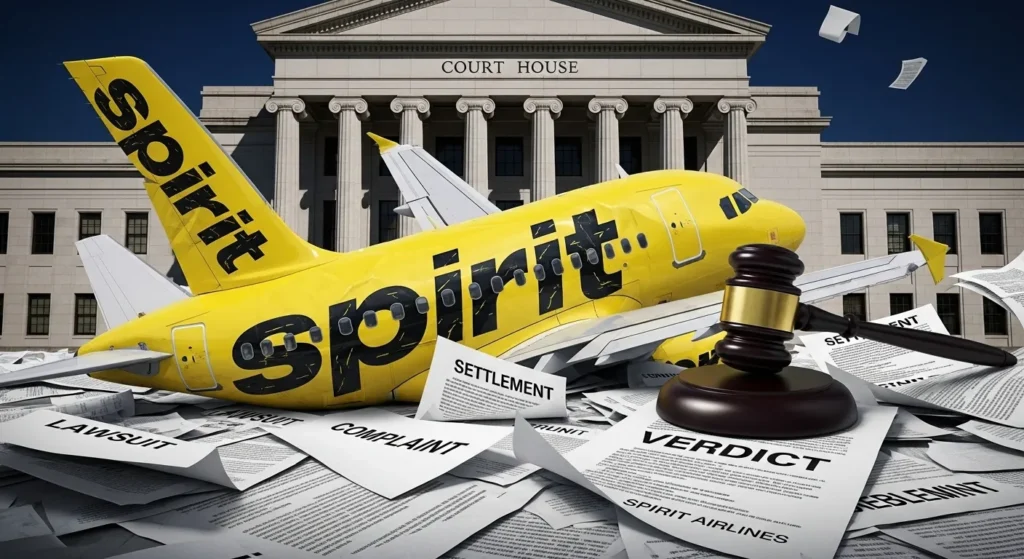
We can break down the major complaints into a few clear points:
- Extra charges for carry-on bags or seat selections.
- Sudden flight cancellations with poor communication.
- Refund delays or difficulties getting money back.
- Misleading promotions that don’t match actual costs.
How travelers describe the experience
I’ve read stories from passengers who said they booked cheap flights but ended up paying more in surprise fees. They explained that what seemed like savings quickly turned into frustration.
We also hear about travelers waiting weeks or months for refunds after canceled flights, which becomes a serious issue when families are involved.
The company’s response in court
They usually argue that fees are clearly shown before customers confirm bookings. Spirit often states that its business model relies on transparency about being a “no-frills” airline.
We see the company defend itself by pointing to its terms and conditions, which most people agree to without fully reading.
The bigger picture for budget airlines
These lawsuits don’t just impact Spirit; they send signals to other low-cost carriers. We notice how cases highlight the tension between keeping fares low and ensuring customer satisfaction.
They show us that cheap flights can come with hidden struggles that spark legal battles.
What courts have decided so far
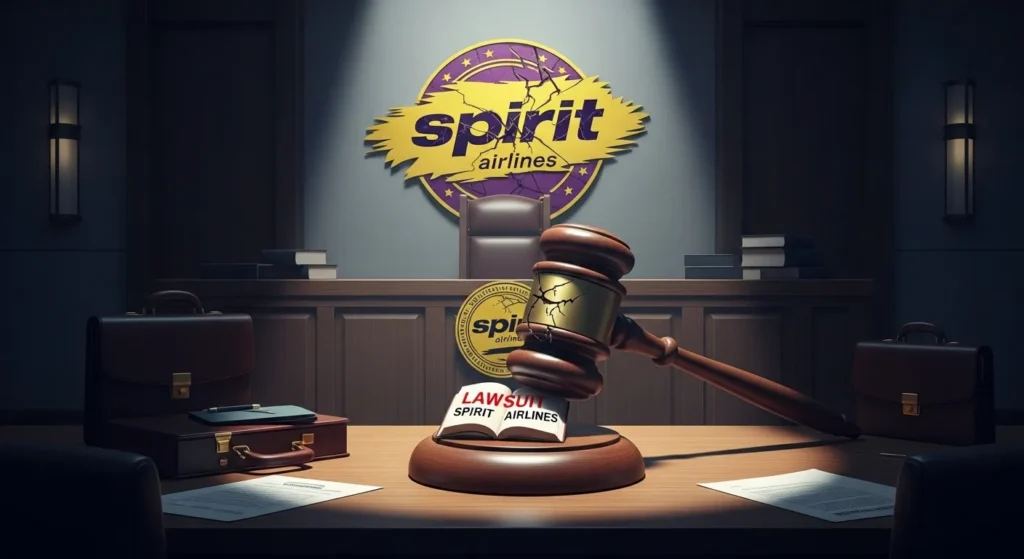
They have sometimes ruled in favor of passengers, especially in cases of unclear fees. At other times, courts sided with Spirit, saying customers were warned ahead.
These mixed outcomes tell us that the law can view both sides differently depending on the details.
Lessons for travelers like us
We can take away important points:
- Always read the fine print before booking.
- Expect extra costs for baggage, seats, or changes.
- Document every interaction with the airline in case you need proof.
- Check refund policies before paying.
How this affects Spirit’s reputation
They face pressure not just in court but also in the court of public opinion. We see customers sharing experiences online, which can harm trust in the airline.
These lawsuits also make people think twice before booking, even if ticket prices seem attractive.
What experts say about the future
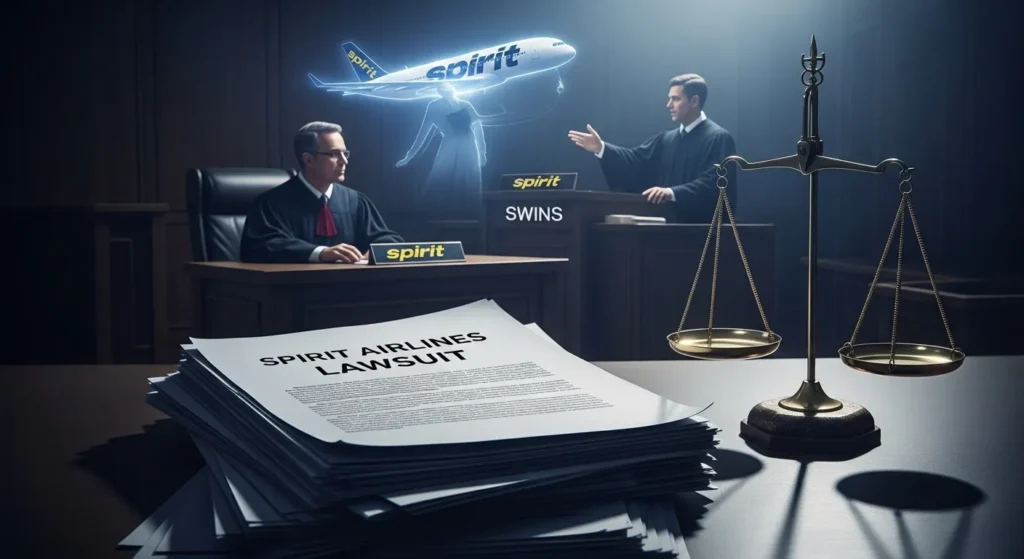
They believe Spirit will keep defending its model, but changes may happen if more lawsuits succeed. Some predict that greater transparency rules could come from regulators.
We might also see Spirit adjust policies to prevent future disputes.
What this means for regular flyers
We have to remember that flying cheap can sometimes mean accepting strict rules. If you’re okay with the trade-offs, Spirit may still work for you.
But for those who want flexibility and fewer surprises, these lawsuits show the risk of choosing the lowest fare.
Final thoughts
I think the main lesson from Spirit Airlines lawsuits is clear: cheap tickets can carry hidden costs, and not just in money. They often cost time, trust, and peace of mind.
We need to stay informed, read carefully, and make choices that balance budget with comfort. These cases remind us that while Spirit Airlines promises affordability, lawsuits show the importance of transparency in travel.
FAQs
Q1: Why is Spirit Airlines facing lawsuits?
A1: Spirit Airlines has faced lawsuits over hidden fees, refund delays, and unclear ticket costs. Passengers argue the airline’s pricing isn’t as transparent as advertised.
Q2: What are the main complaints against Spirit Airlines?
A2: Common issues include extra baggage charges, sudden cancellations, refund difficulties, and misleading promotions that raise the real cost of travel.
Q3: Has Spirit Airlines lost in court?
A3: Some cases ruled against Spirit for unclear fees, while others favored the airline, noting customers agreed to terms before booking. Outcomes depend on details.
Q4: How do these lawsuits affect travelers?
A4: They show passengers should expect strict rules with budget airlines. Reading terms, tracking costs, and planning ahead can help avoid surprises.
References
- U.S. Department of Transportation – Airline Consumer Protection
- Federal Aviation Administration (FAA) – Air Travel Rights
- Reuters – “Spirit Airlines Faces Lawsuits Over Hidden Fees” (News Report)
- The New York Times – “Low-Cost Airlines and Customer Complaints”
- Consumer Reports – “What You Need to Know About Budget Airlines”
- CNBC – “Why Ultra-Low-Cost Carriers Spark Legal Disputes”
- USA Today – “Passengers Sue Spirit Airlines Over Extra Charges”
Disclaimer: This article is for informational purposes only and does not constitute legal advice. Readers should consult official sources or legal professionals for guidance.
About the Author
Liam Everett is a travel and consumer rights expert with years of experience analyzing airline industry trends. He focuses on helping travelers understand their rights, avoid hidden costs, and make smarter flying decisions.

